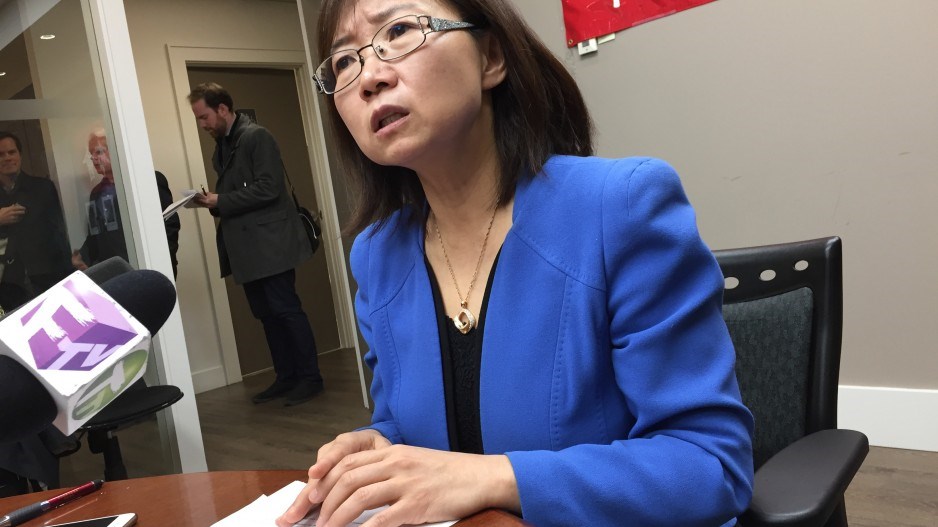Tracking down independent information on arrests of suspects in thefts of corporate funds and other cross-border financial crime is extremely challenging, according to international law experts, because those cases hit a new set of complications as soon as another national jurisdiction becomes involved.
And some countries are more complex to deal with than others.
“Speaking from a Canadian point of view, our police are much more likely to have good communications with the United States, for example, or Great Britain and Australia as opposed to countries whose diplomatic relationships with us are not as deep,” said Robert Currie, professor of international criminal law at the Schulich School of Law at Dalhousie University. “And if it’s hard for governments [to access that information], it’s even harder for anyone else.”
Last week, a Richmond law firm at the centre of an insolvency controversy stemming from the disappearance last year of $7.58 million from the company’s trust fund told a press conference that the two culprits suspected of stealing the money have been arrested in China.
But Hong Guo, who heads the Guo Law Corp., said it’s unlikely that the money will be recovered because too much time has elapsed since it went missing in March 2016.
Guo added that she plans to repay the missing funds by early next year.
A Law Society of BC representative said an investigation into Guo Law “is ongoing.”
Guo alleges that the two ex-employees – a bookkeeper and a receptionist – colluded in 2016 to forge cheques to take money from the law firm’s trust account, then cashed the cheques and converted the money into casino chips at a New Westminster casino. Guo said those chips were then cashed in China.
Business in Vancouver has been unable to independently verify the arrest of the two individuals as named by Guo in an online search of both China’s national Ministry of Public Security and the Guangdong Provincial Public Security Department.
Extradition of the suspects from China would be difficult, because, as Currie pointed out, China and Canada don’t have an extradition treaty. He added that the degree of co-operation and information sharing can be affected by the seriousness of the crime and the media attention on a given case.
“If you call up another jurisdiction about a guy who absconded after committing a theft of under $5,000, your counterpart in the other country may give it a certain level of importance,” Currie said. “But if you tell them there’s a killer on the loose, then they’ll be much more active in helping you. And you wouldn’t discount media notoriety, either. Cases get a certain amount of priorities based on a range of factors and how big a deal it is in the media is one, for sure.”
At last week’s news conference, Guo also accused the local RCMP of not helping her with the case.
Richmond RCMP officer Cpl. Dennis Hwang said the detachment had heard “some of the allegations being mentioned,” but added it couldn’t comment about ongoing investigations.
In responding to Guo’s comments that local casinos should be more vigilant about suspicious activities, a British Columbia Lottery Corp. (BCLC) representative said the corporation monitors all gambling activity and requests proof of source of wealth when it investigates unusual movements of funds.
BCLC also said it welcomes an independent review announced in September by B.C. Attorney General David Eby of money laundering in local casinos.
“BCLC will take action on any recommendations that Mr. German’s review brings forward as a means to further strengthen BCLC’s shared commitment… to protect casinos from those who may target our facilities for the purposes of laundering proceeds of crime,” said a BCLC statement, referring to lawyer Peter German, who will lead the investigation. •




